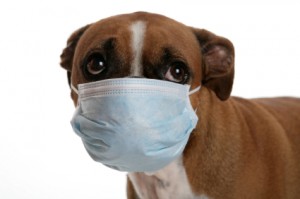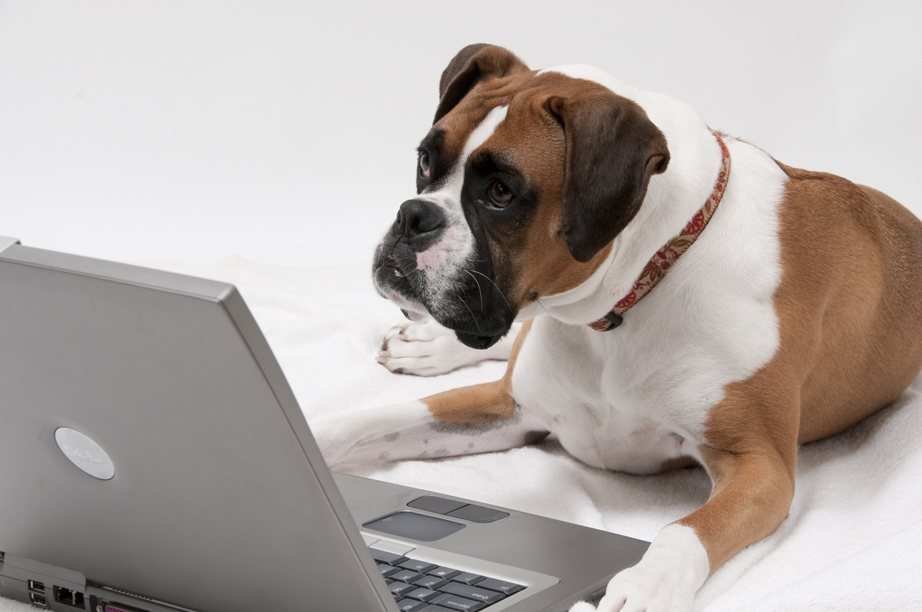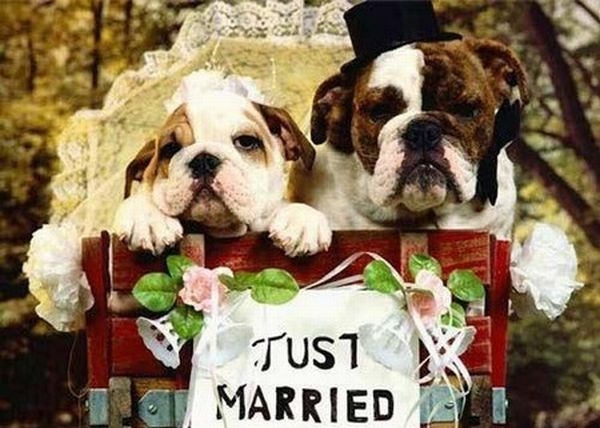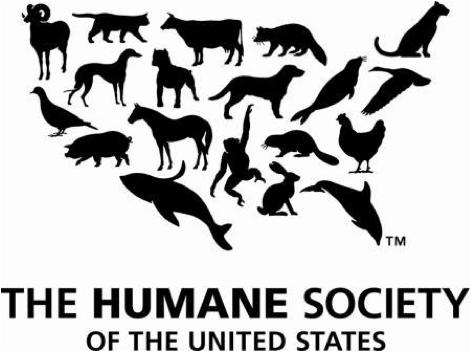 Just as you child-proof your home to keep your little ones safe, it is equally important to be aware of the common household items that could be hazardous to your pets. From the kitchen and bathroom to the garage and the yard, you can make your home safe for dogs and cats, as each are just as curious as the next in terms of sniffing out the things they shouldn’t!
Just as you child-proof your home to keep your little ones safe, it is equally important to be aware of the common household items that could be hazardous to your pets. From the kitchen and bathroom to the garage and the yard, you can make your home safe for dogs and cats, as each are just as curious as the next in terms of sniffing out the things they shouldn’t!
In the Yard
It’s that time of year when you are doing your best to keep weeds and pesky bugs at bay. If your pets roam freely on your property, you’ll want to be extra careful about when you apply such things as weed killers, fertilizer, and bug traps. For most insecticides and herbicides, there is a certain amount of time you must wait after applying to let your pets back on the affected areas. Follow all directions on the labels.
You’ll also want to be aware of these common household plants that can be harmful to dogs, cats, and pet rabbits:
- Hibiscus
- Hydrangea
- Certain types of lilies (Lilium and Hemerocallis species)
- Lily of the Valley
- Rhododendron and Kalanchoe
- Oleander
- Sago Palms
- Rhubarb leaves
- Azalea and Philodendron
- Corn plant
- Foxglove and Yew
- Castor bean
- Mother-in-law’s tongue
- For a detailed list, visit the Animal Poison Control Center website at http://www.aspca.org/pet-care/poison-control/.
In the Garage
Almost every liquid that you may use in the garage when it comes to your vehicles is potentially dangerous for your pets. Items such as antifreeze, oil, transmission fluid, and car wash and wax items should be kept away from pets during use.
In the Kitchen
In addition to the everyday cleansers that you use, there are other items that could be potentially harmful if ingested by your pets. Make sure to keep trash away from your pets, as spoiled food can be quite dangerous. Also, there are certain foods you should make sure never to give your pets including, but not limited to: include, avocados, beer and other alcoholic beverages, bread dough, caffeine, candy, chocolate, macadamia nuts, grapes, raisins and onions.
In the Bathroom
Bleach is an absolute no no when it comes to using it around your pets. If your pets were to lick an area that was recently treated with bleach, call your veterinarian immediately, as the harmful effect will include vomiting, diarrhea, drooling, or severe burns. The bathroom is a common place to keep human medication which should always be kept out of reach of pets. For those extra curious pets, keep medication in higher cabinets to eliminate any temptation!
Close toilet lids to prevent your pet from ingesting toilet water. Bowl fresheners, toilet cleaners, and normal bacteria in toilet water can give your pets an upset stomach. Put away all soaps, lotion, toothpaste, etc., since these products can also cause major discomfort to your pets.
These items are by far not the only household items that are dangerous to your pets, but gives pet owners a place to start when pet-proofing your home!






[…] Household Items […]
Comments are closed.